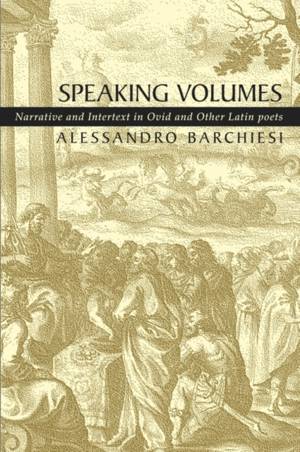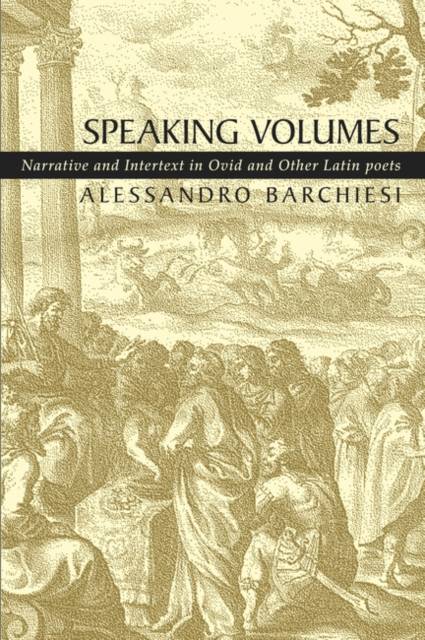
- Afhalen na 1 uur in een winkel met voorraad
- Gratis thuislevering in België vanaf € 30
- Ruim aanbod met 7 miljoen producten
- Afhalen na 1 uur in een winkel met voorraad
- Gratis thuislevering in België vanaf € 30
- Ruim aanbod met 7 miljoen producten
Zoeken
€ 69,45
+ 138 punten
Omschrijving
In a poem written in exile, Ovid pictures his latest book in conversation with his previous volumes, united in the bookcase containing his collected works back in Rome. One can imagine their dialogue - in the protected space of the whispering bookcase - as loaded with allusion and intertextuality. This collection of essays by the classicist Alessandro Barchiesi examines Ovid and his 'rationalistic art of illusion' along with intertextuality in Latin literature more generally, and in the wider context of the Graeco-Roman tradition.
The book provides perspectives on the literary self-consciousness of the Latin poets, the allusive density of their texts, and the conflict between poetry and power in the Augustan age. The conflict between classicists and the texts they comment on, argue over and theorise about is also examined. Among the recurring topics in this book are the impact of intertextuality on the form of epic and epistle, the strategic significance of allusive poetics in a political context, and the importance of reading and interpretation as poetic themes.Specificaties
Betrokkenen
- Auteur(s):
- Uitgeverij:
Inhoud
- Aantal bladzijden:
- 256
- Taal:
- Engels
- Reeks:
Eigenschappen
- Productcode (EAN):
- 9780715630273
- Verschijningsdatum:
- 28/09/2001
- Uitvoering:
- Paperback
- Formaat:
- Trade paperback (VS)
- Afmetingen:
- 156 mm x 238 mm
- Gewicht:
- 344 g

Alleen bij Standaard Boekhandel
+ 138 punten op je klantenkaart van Standaard Boekhandel
Beoordelingen
We publiceren alleen reviews die voldoen aan de voorwaarden voor reviews. Bekijk onze voorwaarden voor reviews.







